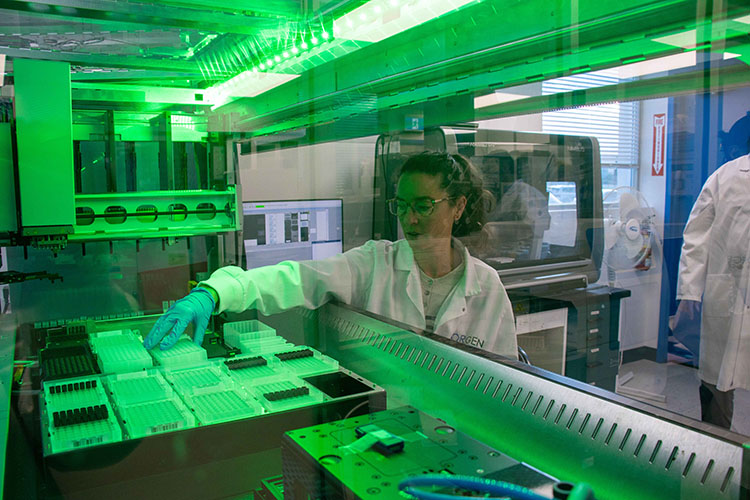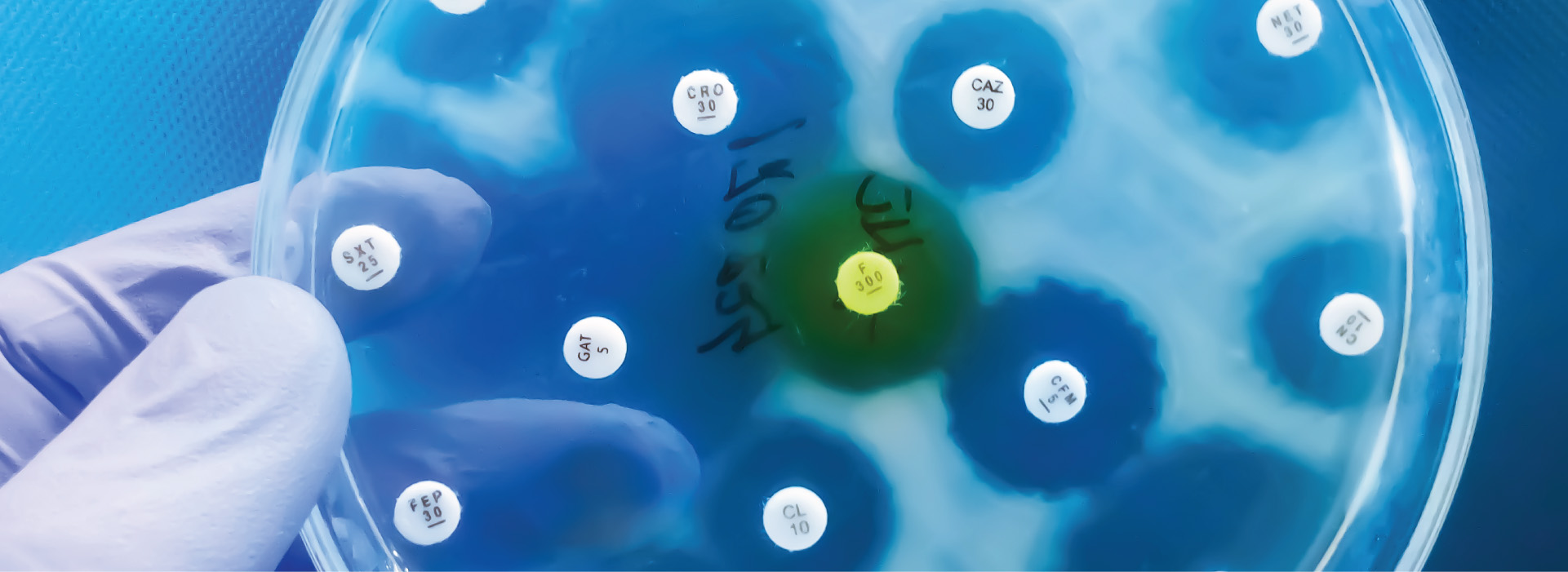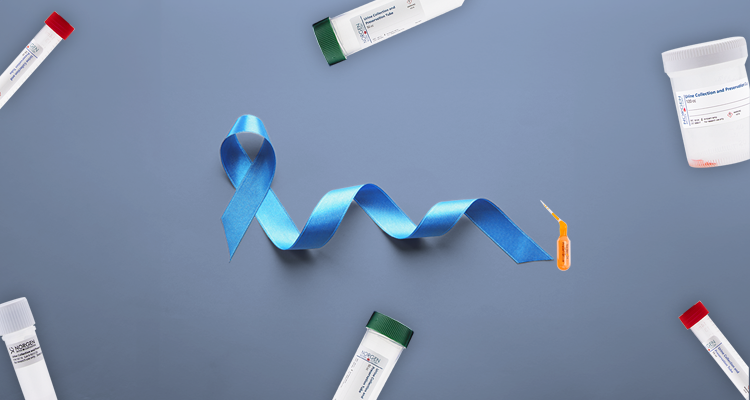Are you fed up with the amount of samples you need to process manually? Need a solution to improve both your workflow efficiency and scalability? Look no further. Our magnetic bead purification kit protocols are perfect for automation machines to produce high quality genomic DNA! These kits and robots allow researchers to spend less time on the lab bench while providing higher consistency and reduced probability for human error. When there is a large number of samples to process, high throughput extraction methods are generally preferred.
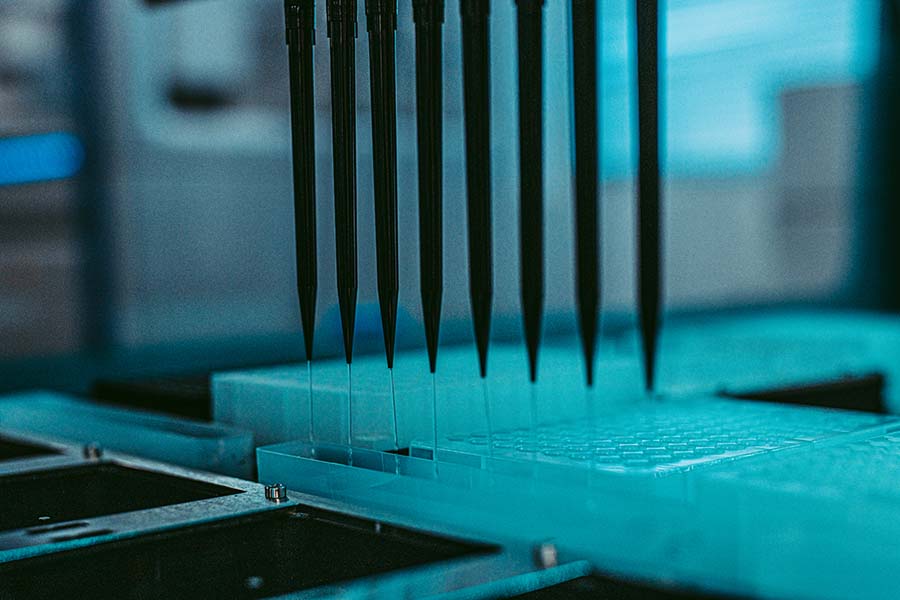 There has been an increasing demand for automated DNA extraction for a variety of reasons, such as starting simple experiments to more complex ones including biomarker discovery, diagnostics, and microbiomics.
Once extracted, eluted DNA is often used in sensitive quantitative techniques such as qPCR and Next-Generation Sequencing (NGS).
Since these techniques are highly sensitive and robust, any inconsistencies made in sample preparation or downstream applications can greatly impact results and produce unreliable data.
There has been an increasing demand for automated DNA extraction for a variety of reasons, such as starting simple experiments to more complex ones including biomarker discovery, diagnostics, and microbiomics.
Once extracted, eluted DNA is often used in sensitive quantitative techniques such as qPCR and Next-Generation Sequencing (NGS).
Since these techniques are highly sensitive and robust, any inconsistencies made in sample preparation or downstream applications can greatly impact results and produce unreliable data.
Want to hear more from Norgen?
Join over 10,000 scientists, bioinformaticians, and researchers who receive our exclusive deals, industry updates, and more, directly to their inbox.
For a limited time, subscribe and SAVE 10% on your next purchase!
SIGN UP
What is Magnetic Bead-Based Purification
Magnetic bead-based purification consists of a synthetic polymer, porous glass, or magnetic particles that are between 0.5 and 10 μm in diameter. Once the magnetic aggregation starts, the suspension is clumped together to ensure uniform extraction.1 Magnetic beads provide a simple and reliable method to extract DNA, RNA, proteins, and other biomolecules from a number of sample types. This method eliminates the need for centrifugation or other time-consuming steps, which makes it ideal for high-throughput processing such as automation.
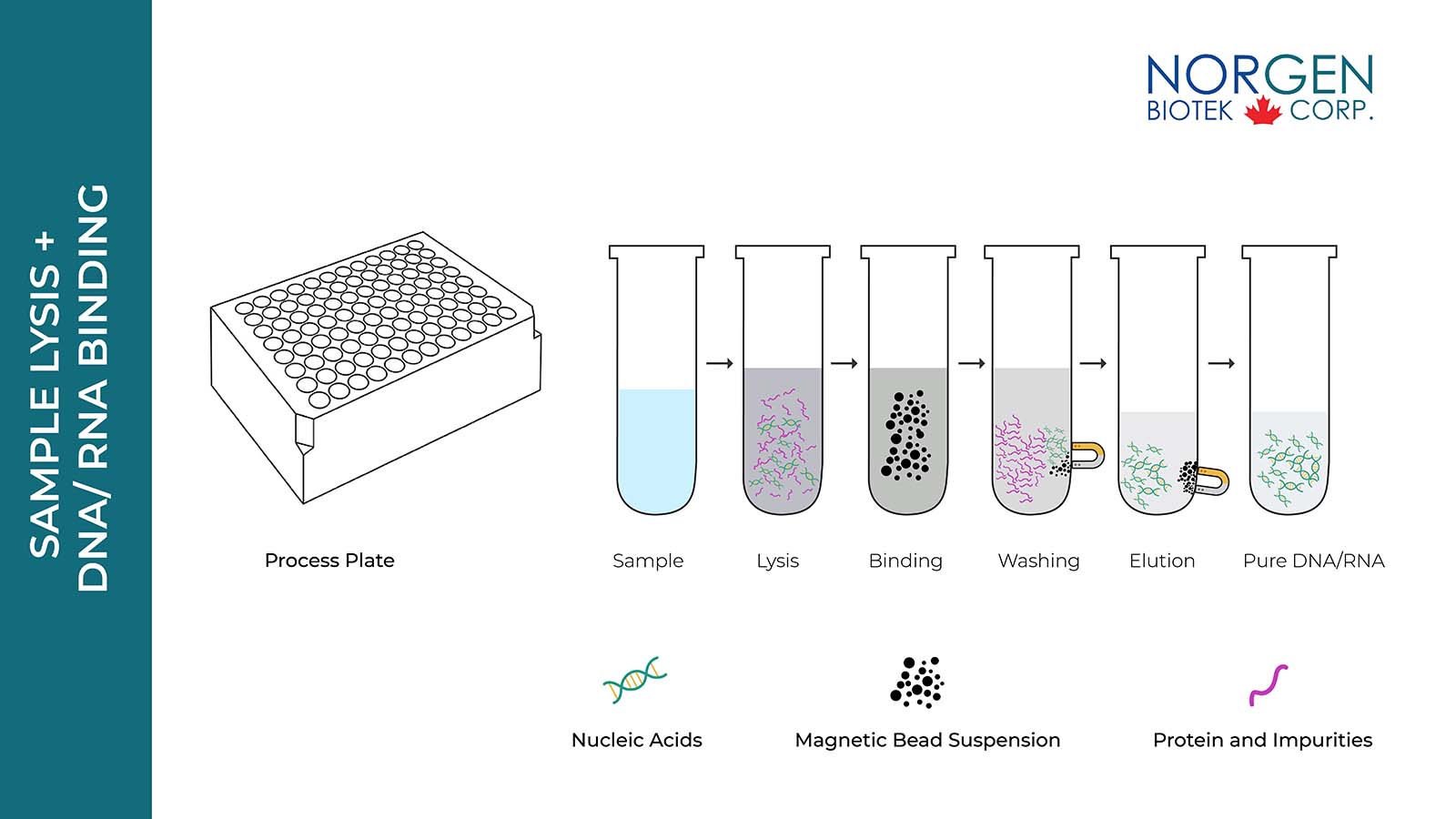
Simplicity and Convenience = Quality
With automated extraction, there are two types of robots: open systems and closed systems. An open system is compatible with diverse reagents, kits and labware (eg. Hamilton Vantage and KingFisher). It is designed to be adaptable to a variety of configurations which gives users more flexibility to customize their extraction process. With this system it can also be configured to perform other liquid handling processes such as PCR set up and aliquoting.
Conversely, a closed system generally includes a specific protocol and specified reagents required to perform its applications (eg. Qiagen QIAsymphony). This mechanism is designed to perform specific tasks which often provides a more user friendly interface since it has been optimized for the specific application of interest using designated reagents.
5 Reasons to Automate Nucleic Acid Extraction
-
Consistent extraction process. With accurate pipetting procedures through automated protocols, it helps to achieve a uniform cycle of sample processing steps such as bind, wash and elute.
-
Minimal cross-contamination, high reproducibility. With less sample handling, this poses a lower risk of contamination and sample carryover risk, whether the procedure is performed in a sterile environment or not.
-
Throughput and scope. Increasing your throughput is very important when scaling up in your experiments. With automated nucleic acid extraction, larger sample numbers can be processed with greater speed. It also allows you to broaden the scope of your research by testing a number of different variables easily.
-
Time-saving. Manual extractions require 100% of your undivided attention. With Automation, you can walk away from your station as the robot takes care of all the repetitive tasks.
-
Smooth workflow. Depending on the type of automation machine, it is possible to have the full nucleic acid extraction protocol done along with the intended downstream applications (PCR preparation), leaving you with a flawless plate of samples ready for your downstream applications.
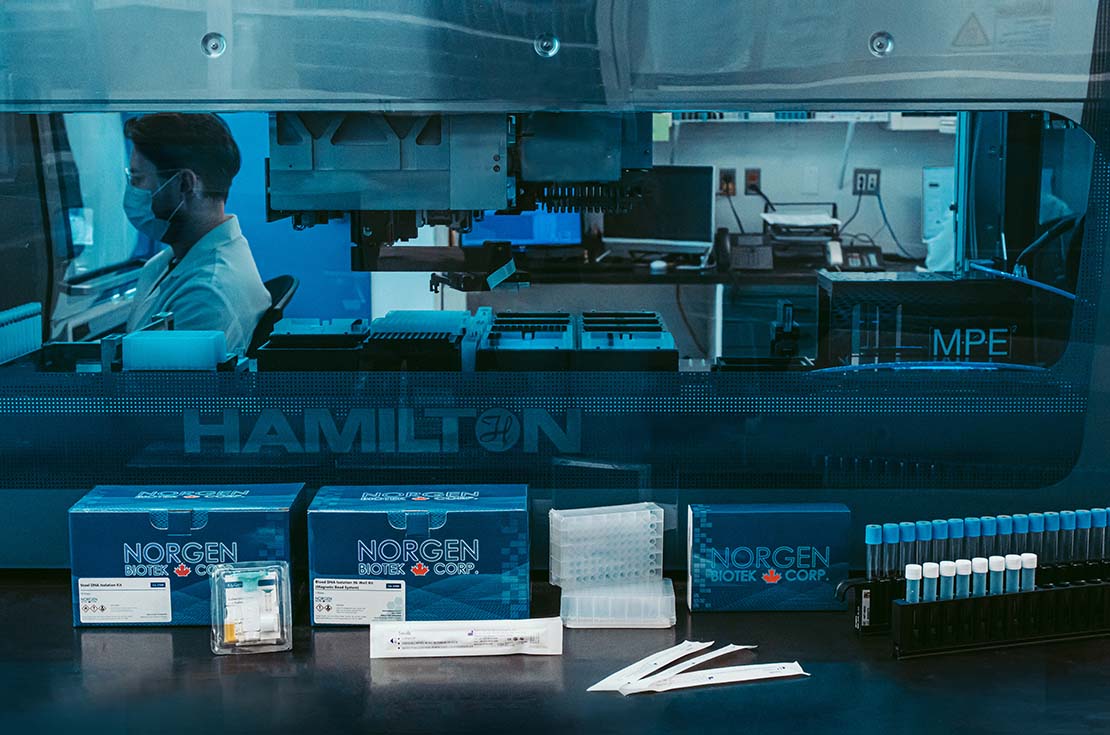
At Norgen, we provide a broad range of automated nucleic acid isolation for molecular biology applications such as NGS and PCR. To learn more about how to optimize your research or clinical workflows, contact our scientific support team at info@norgenbiotek.com.
